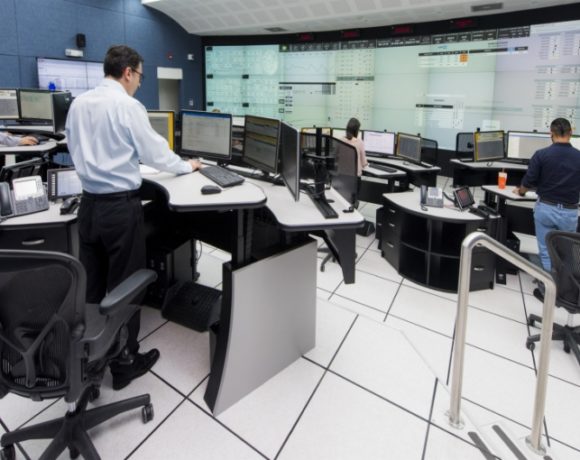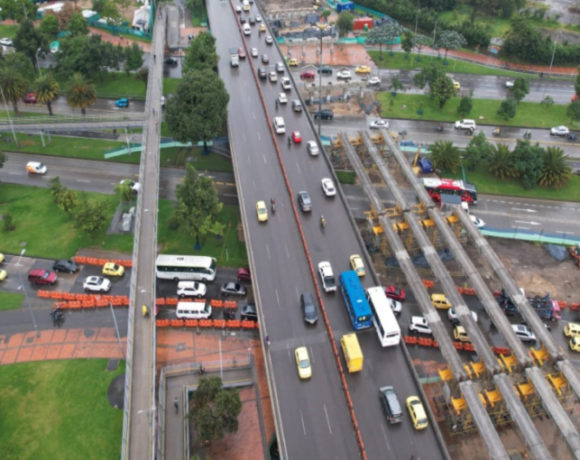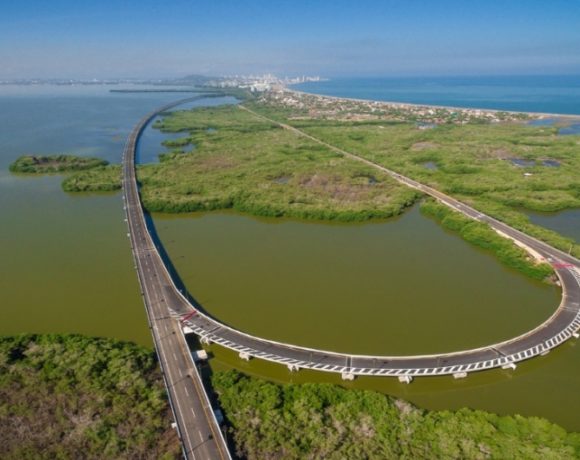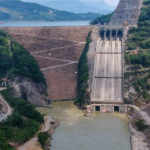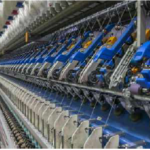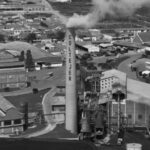Gran Colombia Gold 3Q 2019 Profits Dip; Continental Gold Eyes 2020 Start-Up, Touts Social, Environmental Projects
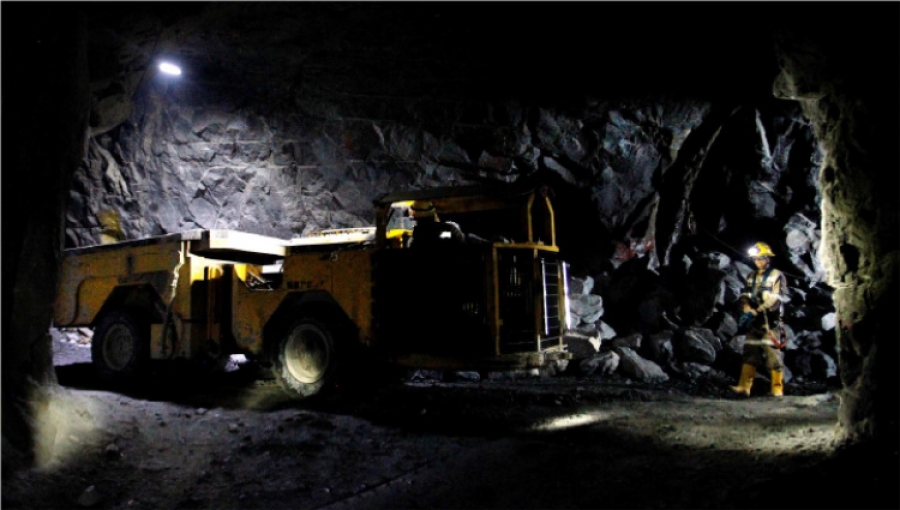
Toronto, Canada-based Gran Colombia Gold (GCG) on November 14 reported US$9 million net income for third quarter (3Q) 2019, down from US$14 million in 3Q 2018 “primarily as a result of a non-operating loss on financial instruments in the third quarter this year.”
As for nine-months (January through September) 2019, net income rebounded to US$17.7 million, compared with a net loss of US$11.4 million in the first nine months of 2018..
Commenting on the results, GCG CEO Lombardo Paredes said: “As expected, our third quarter 2019 financial results reflected the positive impact of the higher gold prices while our high-grade Segovia [Antioquia] operations continued to deliver solid operating performance.
“With one quarter to go, we are on track to meet our production and cost guidance for the full year [2019]. For the first nine months of 2019, our revenue was up 19%, our adjusted earnings before interest, taxes, depreciation and amortization [EBITDA] was up 35%, our operating cash flow was up 22% and our free cash flow was up 31%, all compared with the first nine months last year.
“Our financial strength showed further improvement in the third quarter [2019] with our cash position increasing to US$63.3 million — and we added another CAD$15 million [US$11 million] to our cash position in early November with the strategic investment by Eric Sprott,,” he added.
According to GCG, the company “remains on track to meet its gold production guidance for 2019. With 56,271 ounces produced in the third quarter of 2019, compared with 57,163 ounces in the third quarter of 2018, total production for the first nine months of 2019 was 174,754 ounces, up 7% over the first nine months last year.
“With another 21,011 ounces produced in October, the company’s trailing 12-months’ gold production at the end of October now stands at 232,960 ounces, up 7% over 2018’s annual production,” according to GCG.
Continental Gold Results
Meanwhile, fellow Toronto-based gold miner Continental Gold on November 14 reported a net loss of US$8.47 million for 3Q 2019, compared to a net loss of US$7.26 million in 3Q 2018.
For nine-months 2019, Continental posted a net loss of US$34 million, compared to a net loss of US$17.8 million in nine-months 2018.
The company reported an accumulated deficit as at September 30, 2019 of US$472.7 million and a positive working capital balance of US$31.8 million.
Development activities at the company’s flagship Buriticá, Antioquia project “remain on budget and on schedule for mechanical completion in 1Q 2020,” according to Continental.
Overall construction progress by mid-November 2019 was 90% complete, with 100% mechanical completion now forecast for January 2020.
In a separate November 13 presentation to the Colombia Gold Symposium here, Continental Gold’s Colombia operations CEO Luis Meneses boasted that the Buriticá project eventually will produce some 300,000 ounces of gold per year, generating about US$1 billion in taxes and royalties for Colombia (over the life-of-project) — along with 4,700 direct and indirect jobs.
Not only has the project won wide community support, but also the project will be environmentally friendly, Meneses explained here.
Among the factors making Buriticá relatively benign: a new, US$44 million water treatment plant, and a tailings recycling scheme that eventually will fill-in the old mine excavation tunnels.
Community development projects sponsored by Continental include fish farms, poultry raising, coffee farming and natural-fibers production. In all, Continental has already invested COP$2.2 billion (US$638,000) in 320 development projects that benefit some 1,600 local people, he showed.
In addition, Continental has invested another COP$2.7 billion (US$783,000) in the “programa de encadenamineto productivo” (PEP) project, which includes laundry services, worker feeding, 500 employee houses, a hardware store, civil works, a mechanical shop, and a uniforms-production workshop — all employing local people.
In all, some 80% of all Buriticá employees are from Antioquia, including “formalization” of some formerly illegal miners — “although there are lots of threats surrounding this program” from criminal miners, Meneses cautioned.
On the environmental front, Continental is working with Fundacion Pantera, Animal Bank and Conservation International on biodiversity projects including efforts to preserve five species of wildcats in the greater area, he added.

